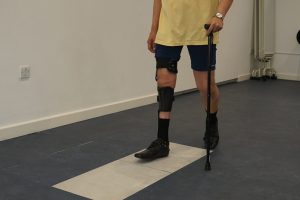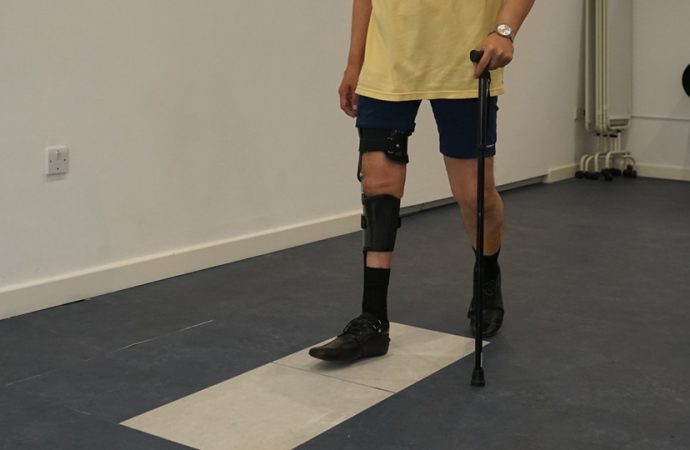Introduction: Addressing Post-Polio Symptoms through Nutrition Post-polio survivors often grapple with persistent symptoms, including muscle weakness, fatigue, and weight management challenges. This article explores dietary strategies tailored to manage these symptoms and support the well-being of post-polio individuals. Nutrient-Dense Foods for Muscle Strength Highlighting the significance of protein-rich foods, omega-3 fatty acids, and essential micronutrients
Introduction: Addressing Post-Polio Symptoms through Nutrition
Post-polio survivors often grapple with persistent symptoms, including muscle weakness, fatigue, and weight management challenges. This article explores dietary strategies tailored to manage these symptoms and support the well-being of post-polio individuals.
Nutrient-Dense Foods for Muscle Strength
Highlighting the significance of protein-rich foods, omega-3 fatty acids, and essential micronutrients in maintaining muscle strength and minimizing further muscle deterioration.
Optimizing Energy Levels with Balanced Nutrition
Discussing the importance of balanced meals comprising complex carbohydrates, healthy fats, and adequate protein to sustain energy levels and alleviate fatigue commonly experienced by post-polio survivors.

Image By: https://static01.nyt.com
Addressing Weight Management Challenges
Exploring dietary approaches to manage weight, considering potential metabolic changes and reduced physical activity in post-polio individuals, emphasizing portion control and nutrient-dense, low-calorie foods.
Anti-Inflammatory Diet for Symptom Alleviation
Detailing an anti-inflammatory diet approach, including foods rich in antioxidants, omega-3s, and polyphenols to potentially alleviate inflammation associated with post-polio symptoms.
Hydration and Electrolyte Balance for Optimal Function
Emphasizing the importance of hydration and electrolyte balance in managing muscle weakness and fatigue, providing guidance on adequate fluid intake and electrolyte-rich foods.
Fiber-Rich Foods for Digestive Health
Highlighting the role of fiber in digestive health and weight management, suggesting high-fiber foods to support gut health and alleviate potential gastrointestinal issues.
Meal Planning for Convenience and Nutritional Support
Offering practical meal planning tips, including easy-to-prepare, nutrient-rich meals to ensure adequate nutrition while managing fatigue and potential physical limitations.
Supplements and Nutritional Support
Exploring the potential role of supplements, such as vitamin D, calcium, or specific micronutrients, and their impact on post-polio symptom management, alongside professional advice.
Collaborating with Healthcare Professionals
Stressing the importance of consulting healthcare professionals or dietitians to create personalized dietary plans tailored to individual needs and health conditions.

Image By:https://www.londonorthotics.co.uk/
Conclusion: Empowering Nutrition for Post-Polio Well-Being
Summarizing the significance of tailored dietary strategies in managing post-polio symptoms, encouraging individuals to leverage nutrition for enhanced well-being and symptom management.

















Leave a Comment
Your email address will not be published. Required fields are marked with *